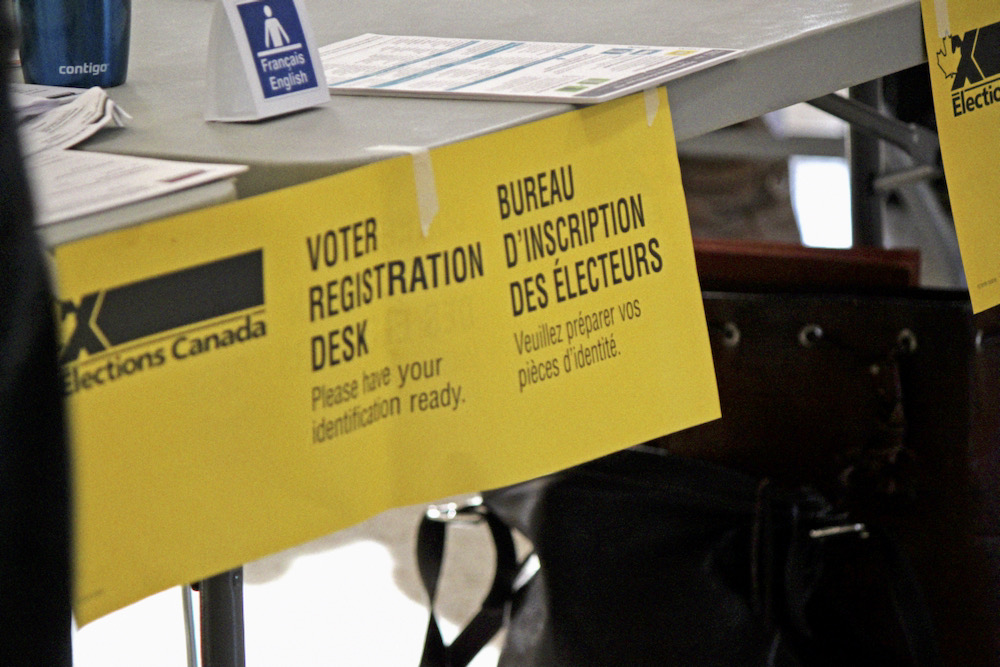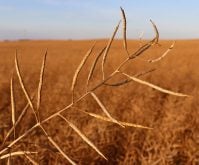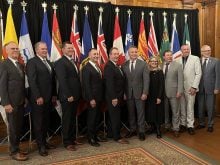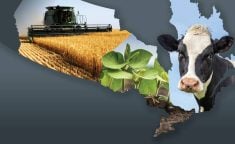If agriculture garners attention during the 2021 election campaign, it will likely be as part of a larger discussion as candidates duke it out over climate change, an emerging green economy and post-pandemic recovery.
That’s the perception of a number of observers in the province’s agriculture sector who recently spoke to the Co-operator.
Why it matters: The current federal election could change the operating environment of farmers, for better or worse, but it’s questionable how much influence they will have on the outcome.
Read Also
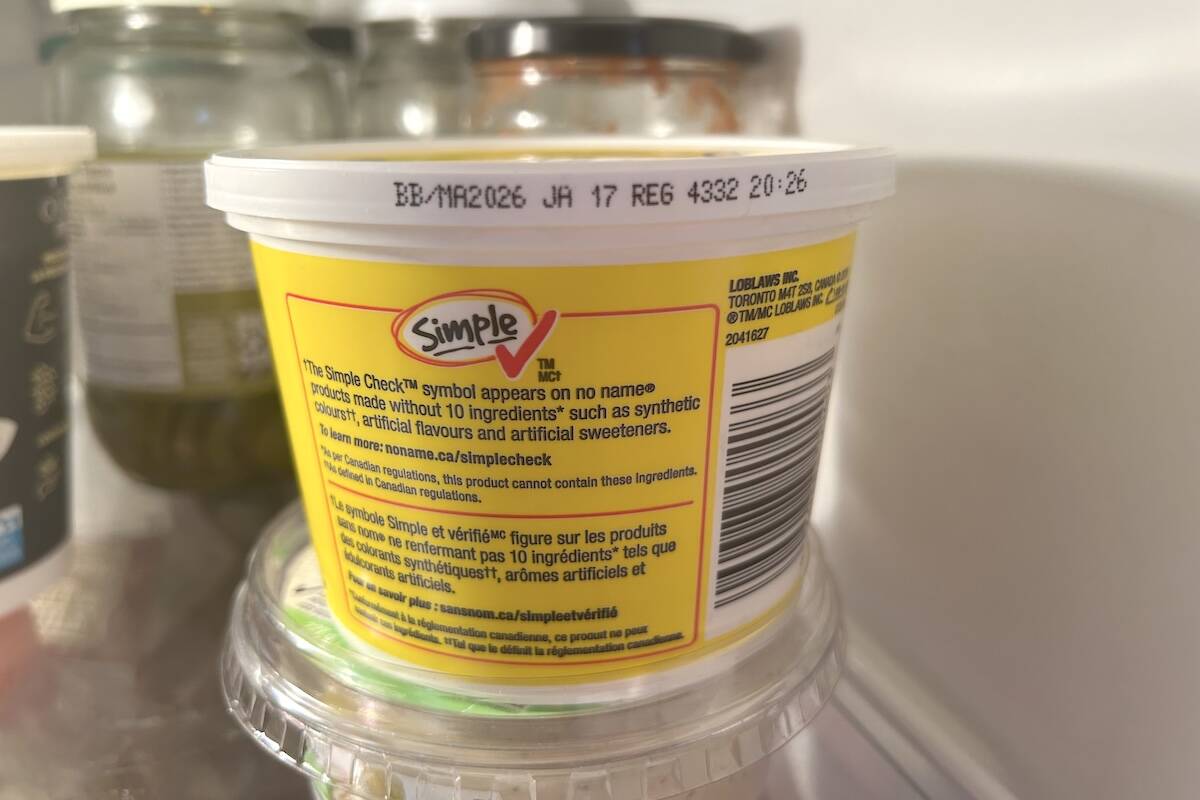
Best before doesn’t mean bad after
Best before dates are not expiry dates, and the confusion often leads to plenty of food waste.
Tyler Fulton, president of the Manitoba Beef Producers, says he sees opportunity in positioning farmers and ranchers as a way to solve some of the concerns that have floated to the top of the public consciousness.
That includes global warming, environmental outcomes and the embryonic post-pandemic economic recovery.
“I really believe there’s a lot of opportunity there to be seen as part of the solution,” Fulton said by telephone, during a break from a Canadian Cattlemen’s Association meeting in Calgary.
Beef producers are on the land, and know there are opportunities to improve carbon sequestration, reduce emissions and generally do good things for the environment, he said. But to date they’ve been reacting to proposals from elsewhere, and therefore haven’t always liked what they’ve seen.
“To date, we have not been involved with the development of these policies, and we haven’t seen the value we’re bringing to the table,” he said. “That is a major issue in agriculture across the country, but in particular I see the beef industry as playing a really significant role in addressing climate change with what some are calling nature-based solutions.”
If the agriculture sector begins presenting these sorts of solutions, they may like the results, Fulton said.
“If it’s not the leading concern, across the country, it’s got to be top three for most voters,” Fulton said. “If we want to see results, some of the lowest-hanging fruit is in looping in agriculture and the beef sector into the effort to achieve these targets.
“I think a rational person would say this could be a win win, with potential to improve sequestration, improve conservation outcomes, and be a win for rural Canada, and support a thriving industry.”
Fulton also noted other evergreen agriculture issues remain important, both for farmers, the wider industry, and the country as a whole. That includes promoting trade, increasing market access and other pocketbook issues. All will help support a strong beef industry that’s able to contribute to the national agenda, Fulton said.
“There’s a lot of bang for the buck here,” he said. “It doesn’t even have to mean new money, just a more collaborative approach with industry and ranchers and cattle producers than we’ve seen in the past.”
Major contributor
Cam Dahl, Manitoba Pork Council’s general manager, says agriculture always struggles to find its way onto the national agenda, and the election campaign will be no exception.
He says the sector should tout its own record as a contributor to the national economy and a building block for the post-pandemic recovery.
“I would have the parties recognize what a role agriculture is playing in the recovery from the pandemic, and the role it will play in the future,” Dahl said. “We’re now over eight per cent of Canada’s exports… if they truly recognize agriculture’s importance, good policy will follow that.”
Dahl also tipped trade as a vitally important file for the agriculture sector, and touted the need for a shift in the government’s focus from solely pursuing trade agreements to ensuring they work.
“Look at all the blocks we have to getting into the EU,” Dahl said. “CETA isn’t an agreement that’s working for Canadian farmers.”
Dahl said Canada should shift to a proactive, rather than reactive, policy — but that’s going to require the proverbial boots on the ground where the problems arise.
“I’d like to see more resources in the field to address market access issues before they become a problem,” Dahl said. “So for example, we need scientific and technical resources in South Asia. It’s not just about trade agreements, it’s about securing market access after we get them.”
From a pork sector perspective, he noted the need to be ready to ward off foreign animal diseases, such as African swine fever, and deal quickly with any outbreaks. He also noted that includes eliminating vectors like wild pigs, which are wreaking havoc on the pork industry in other jurisdictions.
“We’re seeing this in Germany, which is no longer exporting pork outside the EU,” Dahl said. “In Manitoba, 90 per cent of our pork production is exported.”
Another important area for farmers will be issues that affect their economic sustainability. At the top of that list is business risk management. The federal-provincial Canadian Agricultural Partnership agreement is in the midst of negotiation for its next multi-year term.
Dahl said pork producers are hoping for reforms that will help temper the up-and-down cycles the sector regularly faces.
He also said the labour situation in the pork sector, from producer to processor, is growing more dire as time passes.
“The labour shortages are becoming a bigger and bigger issue,” he said. “It’s not just a processor problem, it’s also a primary producer problem.”
Drought implications
Graham Schellenberg, the Keystone Agricultural Producers’ communications and government relations co-ordinator, said the organization hoped agriculture would find its way into the discussion, particularly because of the drought.
“It’s a very serious issue, with broad implications,” Schellenberg said. “Not just for farmers, but for consumers as well, with regard to food prices and food security.”
He said KAP would be joining its counterparts in the other provinces and their national organization, the Canadian Federation of Agriculture, to try to push farm issues higher on the agenda.
“There’s a big role for agriculture to play in advancing their story and educating consumers and others about where their food comes from,” Schellenberg said.
KAP has identified four key areas it’s concentrating efforts on during the campaign:
- Business risk management programs to support producers;
- The role of producers as environmental stewards;
- Economic development; and
- Building public trust in agriculture.
Schellenberg said the campaign would move quickly, and it will be a challenge to cut through the many competing voices. For that reason he’s heartened to see agriculture groups mainly gelling around a handful of shared issues.
“Thirty-six days (the period from dropping the writ to voting day) seems like a long time, but it’s not,” he said.
Dahl said he’s impressed with the quality of candidates all the parties attract, and for the dedication those candidates, and election workers, all show to the exercise in national democracy.
“A tip of my hat to anyone who puts their name on an election sign,” Dahl said. “Them and all the people working hard to ensure we have an issue-free election.”




